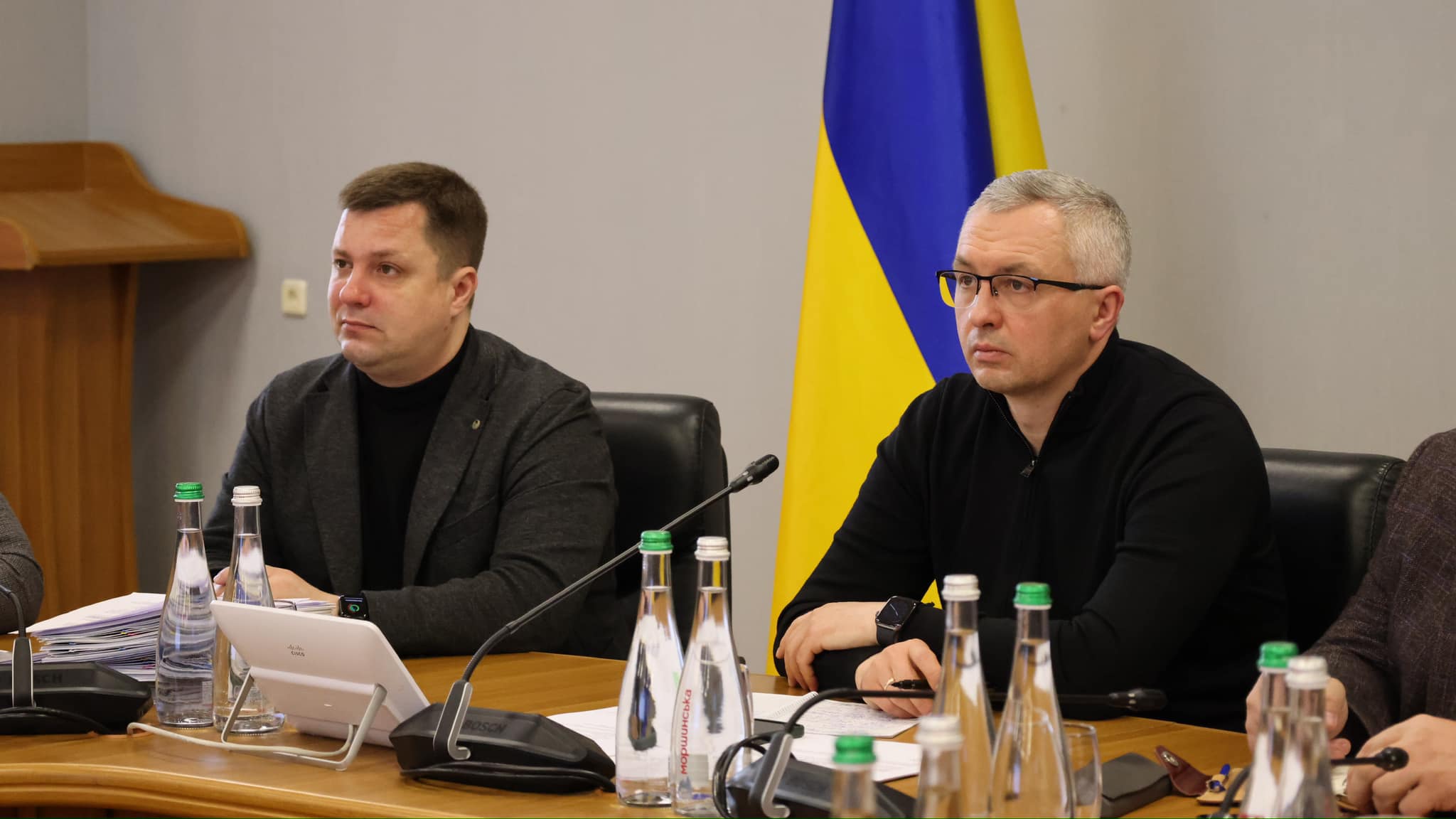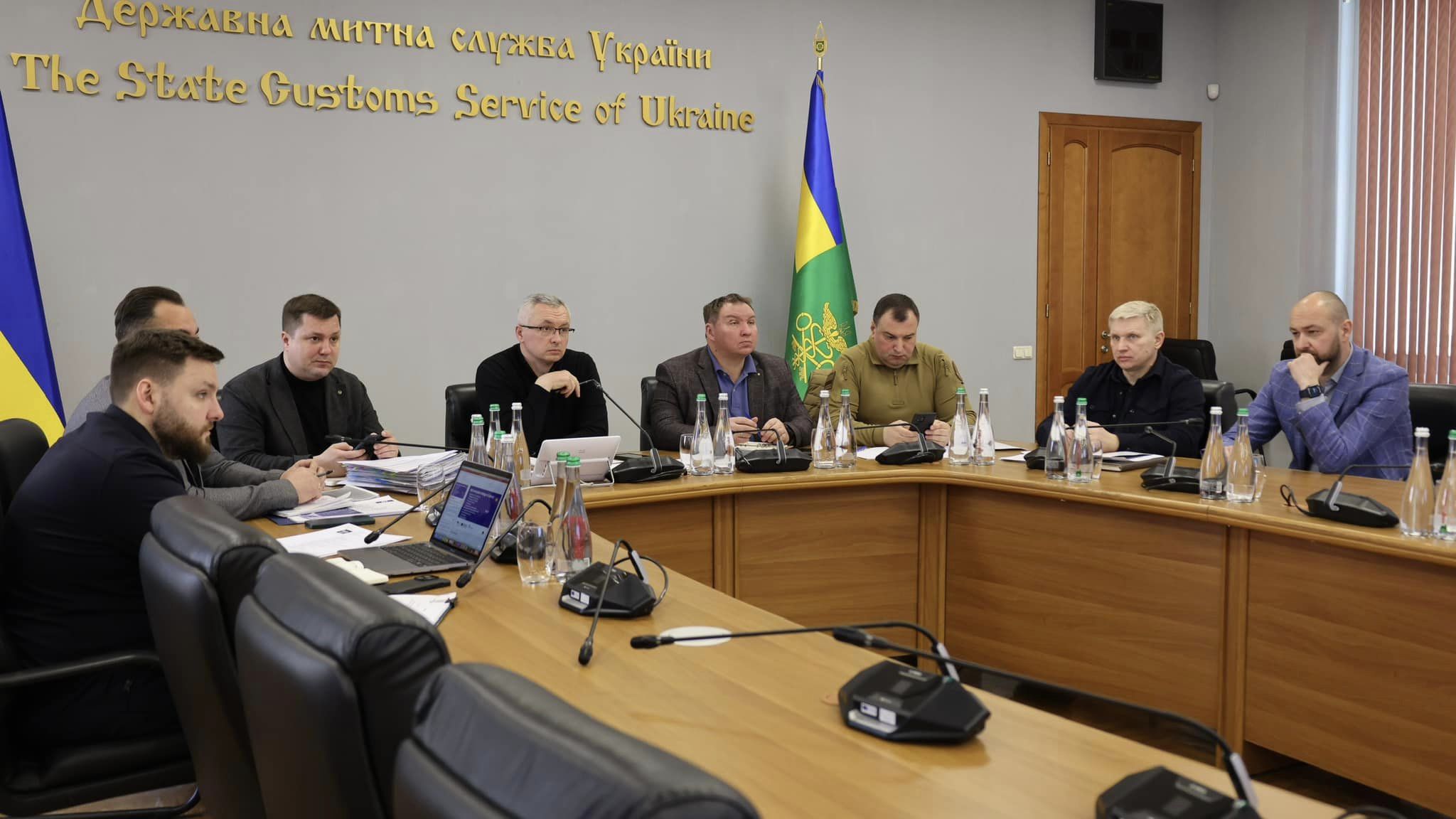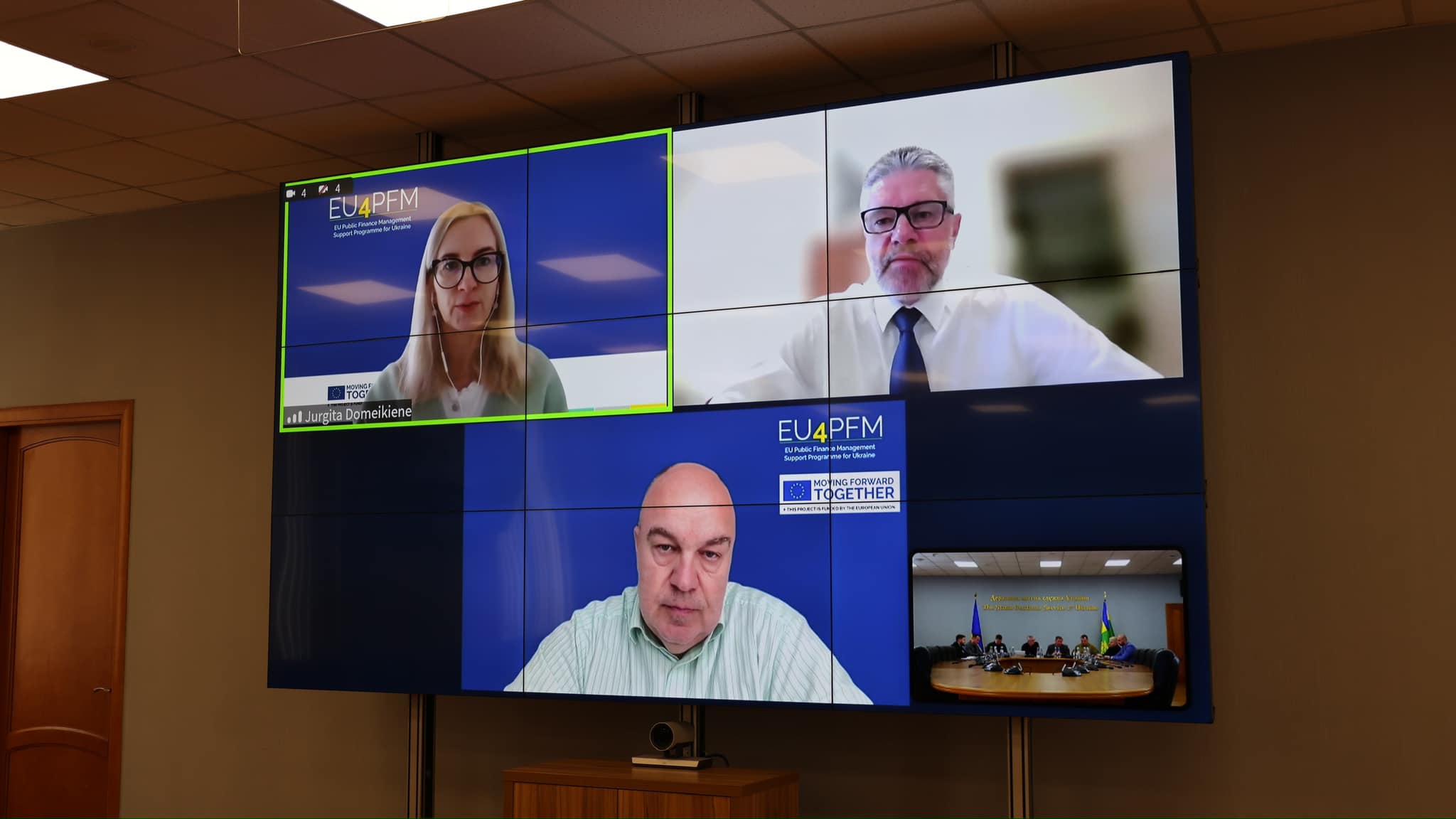Implementation of anti-corruption policy before joining the EU: the former Head of Polish customs shared his experience with Ukrainian colleagues
For the effective and rational implementation of the provisions of the anti-corruption strategy, based on the recommendations of international partners, national needs, and the experience of leading countries, the State Customs Service continues practical consultations with representatives of countries that have already completed the path to EU membership. This information will enable the improvement of anti-corruption policy tools and the avoidance of redundant and ineffective steps during implementation.
Today, with the assistance of EU4PFM, Mr. Jacek Kapica, who headed the Customs Service of the Republic of Poland for more than 10 years, spoke and presented the work of the Polish Customs.
“The fight against corruption is currently one of our main priorities. We focus on the experiences of European countries that have previously traversed this path to EU membership because such information aligns with our needs and regional characteristics,” said Serhii Zvyagintsev, the Acting Head of the State Customs Service.
“It’s time to cooperate on the full spectrum of activities. While our focus has been on the Anti-corruption Program, we’ve presented recommendations and shared our expertise on how to enhance its approach. However, it’s essential to recognize that addressing these issues goes beyond the efforts of one unit alone. It necessitates comprehensive institutional changes across the entire organization”, noted Jurgita Domeikiene.
During the meeting, discussions centered on creating conditions necessary to mitigate corruption risks in customs authorities, which includes strengthening institutional capacity, enhancing employee motivation, strengthening departmental security and internal control, and reducing human factors in decision-making.
Special emphasis was placed on the importance of fostering dialogue with non-governmental organizations, the business community, and the civil society.
At the conclusion of the meeting, the parties agreed to continue specialized consultations with the support of EU4PFM. The project will also provide an analysis of the current situation regarding the implementation of the Anti-corruption strategy of the State Customs Service, with the expected outcome being the development of evaluation indicators to measure the effectiveness of each program of activities.




